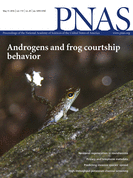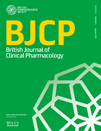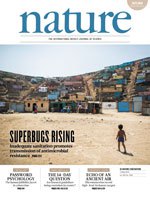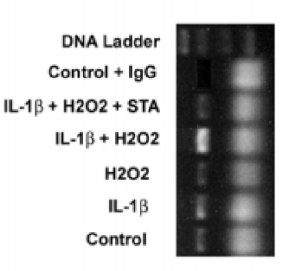
A sixth retraction has appeared for a diabetes researcher who previously sued a publisher to try to stop his papers from being retracted.
Mario Saad‘s latest retraction, in PLOS Biology, stems from inadvertent duplications, according to the authors. Though an investigation at Saad’s institution — the University of Campinas in Brazil — found no evidence of misconduct, a critic of the paper told The Scientist he does not believe that the issues with blots were inadvertent.
Previously, Saad sued the American Diabetes Association to remove four expressions of concern from his papers; they were later retracted, even though Unicamp recommended keeping three of them published.
Here’s the new retraction notice, for “Gut Microbiota Is a Key Modulator of Insulin Resistance in TLR 2 Knockout Mice:” Continue reading Researcher who sued to stop retractions gets his sixth




 After PLOS ONE allowed authors to remove a dataset from a paper on chronic fatigue syndrome, the editors are now “discussing the matter” with the researchers, given the journal’s requirements about data availability.
After PLOS ONE allowed authors to remove a dataset from a paper on chronic fatigue syndrome, the editors are now “discussing the matter” with the researchers, given the journal’s requirements about data availability.

 If you need evidence of the value of transparency in science, check out a pair of recent corrections in the structural biology literature.
If you need evidence of the value of transparency in science, check out a pair of recent corrections in the structural biology literature.